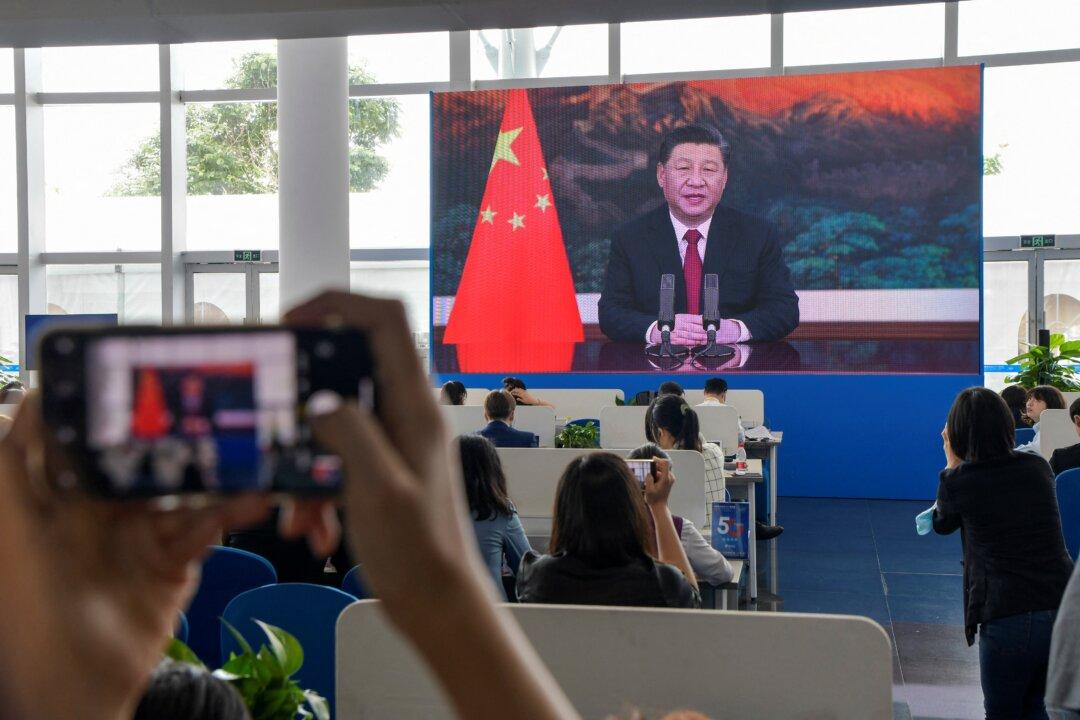As Chinese Leader Xi Jinping made his first appearance with President Joe Biden at the White House’s virtual global climate summit on April 22, Republican lawmakers are warning his administration against cooperating with Beijing on climate change.
Citing the regime’s long track-record of breaking its promises, they say the Chinese regime cannot be trusted to act upon any commitments to reduce its emissions that it may make. They also fear that the Biden administration may make concessions to Beijing to get its cooperation on climate, at the expense of other crucial issues including human rights and the regime’s unfair trade practices.





